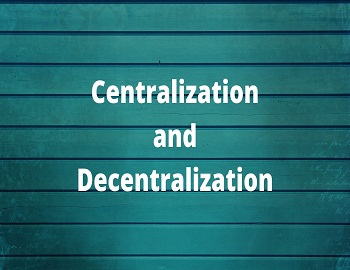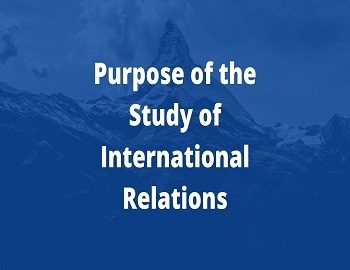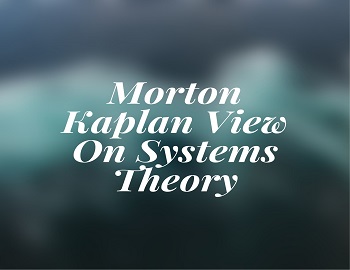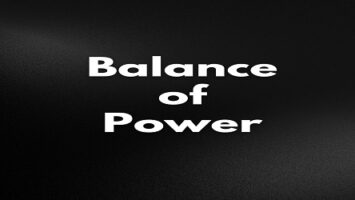Table of Contents
Centralization and Decentralization:
Centralization and Decentralization are important concepts of organization. These explain the manner in which the decision-making authority stands distributed or delegated among the various levels of an organization. It is a problem of organization whether it should be centralized or decentralized. An organization is said to be centralized if most of the power of decision-making is vested in the top level and the lower ones have to refer most of their problems to the head of the organization. A decentralized organization, on the other hand, is one in which the lower levels are allowed the discretion to decide most of the matters. Only top-level decisions are taken by the top-level administrator or the chief executive. Centralization and Decentralization determine the nature of the organization in respect of its decision-making function. These are, as such, important principles of organization.
What is Centralization?
Centralization means the concentration of formal authority at the top levels of an organization. It is the opposite of dispersal and delegation of authority. The lower levels of the organizational hierarchy always look upward for decisions, directions, advice, clarifications and interpretations.
In the words of Harold Koontz, “Centralization has been used to describe tendencies other than dispersal of authority……It often refers to departmental activities, service divisions, centralized similar or specialized activities in a single department. But when centralization is discussed as an aspect of management, it refers to delegating or withholding authority and the authority dispersal or concentration in decision-making”.
Henry Fayol while talking of decentralization and centralization remarks, “Everything that goes to increase the importance of subordinate’s role is decentralization, everything which goes to decrease is centralization”.
In simple words, it can be said that centralization means the concentration of power, or authority, particularly decision-making power in fewer hands at the top level. The lower or subordinate level workers are kept busy with routine and day to day work of administration.
What is Decentralization?
Decentralization is the reverse of centralization. It means the devolution of powers among all levels of an organization. However, the term decentralization has been defined differently by different writers. As Louis A. Allen remarks, “Decentralization is one of the most confusing administrative techniques that characterize the art and science of professional management”. Decentralization is not only a device for the delegation of administrative authority but is also a democratic method of devolution of political authority.
While defining Decentralization, L. D. White writes “It is a twin process of decentralization and devolution. In decentralization, a superior officer, in order to make his department function effectively and efficiently, delegates to his subordinate field officials, the power to act in his name without transferring to them the authority he enjoys. Devolution, which also implies dispersal of authority, is a process wherein power is transferred from one organ of government to another by means of legislation or constitution. It means a system in which there are many centres of government- central, state and local- each with a recognized right of independent existence and function. To be more specific, certain spheres of jurisdiction, either functional or territorial are set apart for a legally constituted body which while administering its authority, enjoys some power of self-determination”.
According to Hodge and Johnson, “Decentralization is properly used to refer to a form of organization in which there has been considerable delegation, resulting in wide spans of control”.
In simple words, it can be said that decentralization is an arrangement in which the ultimate authority to command and the ultimate responsibility for results is localized in the units located in different parts of the country. Assigning functions and responsibilities, for their efficient and effective performance, to the subordinates or sub-division is the essence of decentralization.
Types of Decentralization:
Four different types of decentralization can be identified, which can be described as under-
(1) Administrative Decentralization- It refers to the decentralization of authority to the lower officials in the administrative hierarchy of the organization. Each level is involved in the process of administrative decision-making.
(2) Functional Decentralization- It implies that the functions are decentralized to the specialized units or departments. Each department is given a specific subject and in itself, each department has several sub-departments or wings. Each sub-department is entrusted with a particular responsibility that falls within the ambit of the major responsibility of the department as a whole.
(3) Political Decentralization- It refers to the system in which political power and functions concentrated in the hands of the higher-level political organs are decentralized to the lower level political organs. The Panchayati Raj agencies are units of decentralization and the political power of decision-making stands decentralized from the State Government to the Panchayats, Panchayat Samitis and Zilla Parishads.
(4) Geographical Decentralization- In it, the powers and functions of the headquarters are decentralized to the field offices for effective performance. This facilitates quick decision-making, keeping in view the local requirements.









Comments (No)